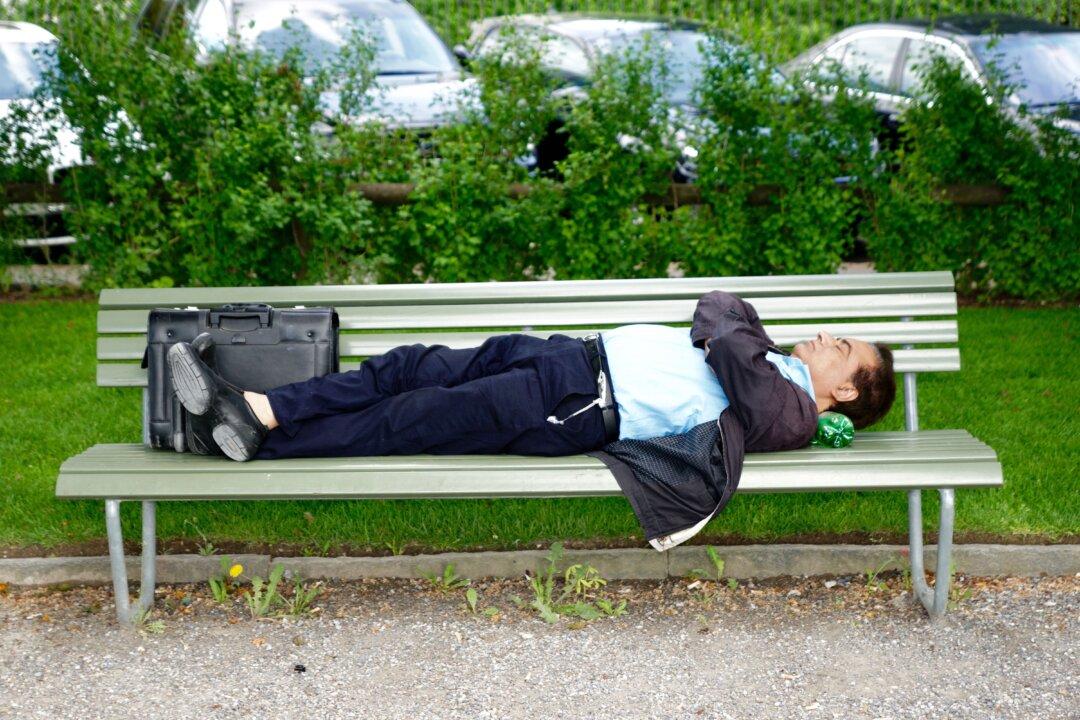If there are any upsides to the lockdown conditions of the COVID-19 pandemic, the chance to adopt a siesta culture has to be counted among them.
North Americans take a grim pride in not getting enough sleep, but in our pursuit of productivity, we may be sacrificing our best selves.






